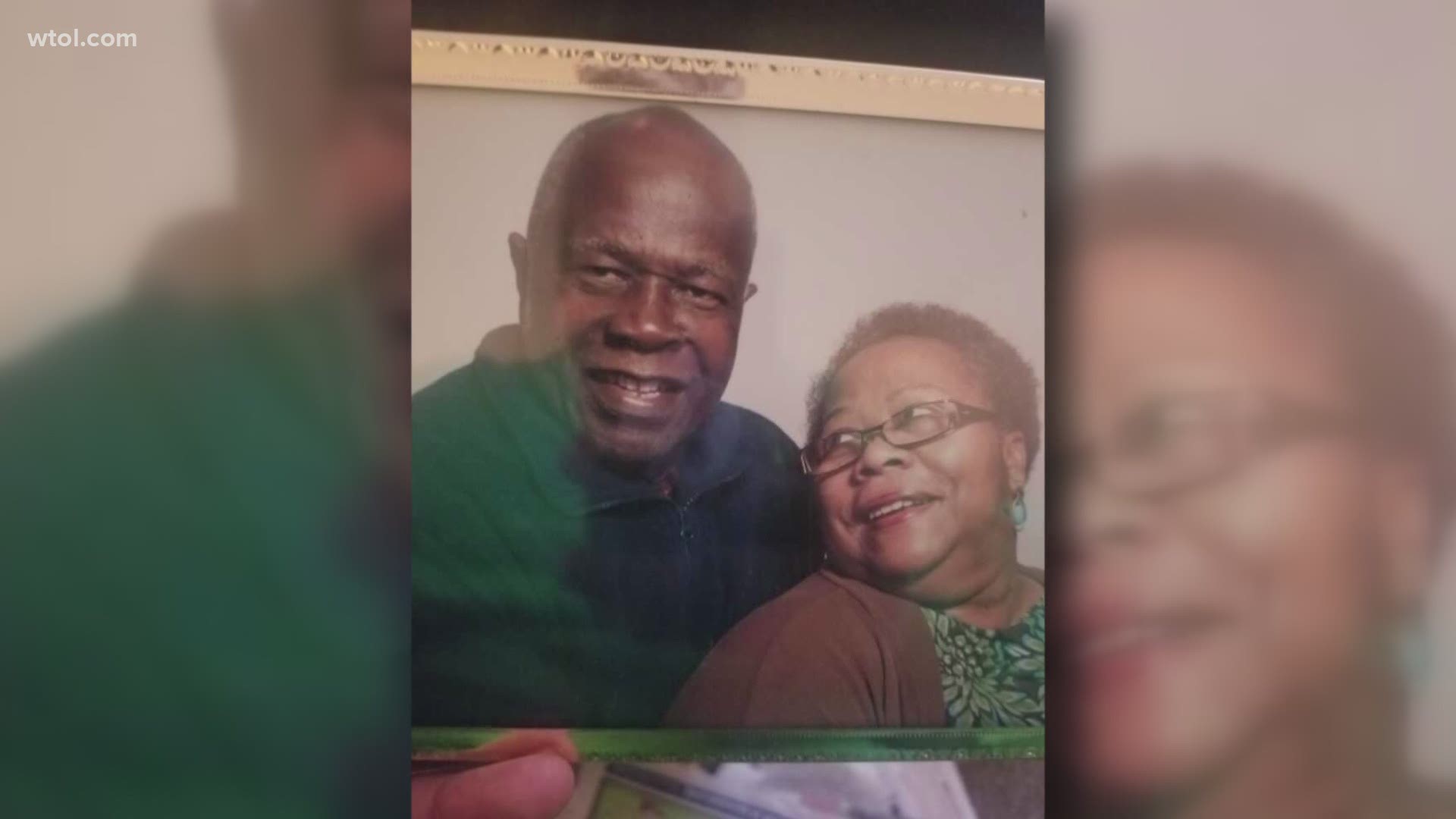February is American Heart Month to raise awareness about heart disease.
The condition kills one in three women in the United States, according to the American Heart Association.
ProMedica Toledo Hospital Interventional Cardiologist Dr. Sahar Ismail says studies suggest women more often than men don’t present with chest pain.
“A woman may come in with shortness of breath or may come in with more associated symptoms that are more vague like dizziness, fatigue, light-headedness,” she explains.
“Heart disease and stroke is the No. 1 killer in women, and stroke disproportionately affects African-Americans,” according to the American Heart Association’s Go Red for Women website. “Importantly, African-American women are less likely than Caucasian women to be aware that heart disease is the leading cause of death.”
Dr. Ismail says risk factors like high blood pressure, diabetes and obesity are more prevalent among Black and Hispanic patients. There are also more health disparities and inequities.
“I have lots of patients that are either working very long hours or they’re working multiple jobs, they can’t necessarily follow up with all of their appointments or their health insurance, they have poor health insurance coverage or they may not have health insurance at all,” she says.
The lack of health insurance makes it more difficult to receive a higher level of care.
71-year-old Lottie Sherife-Kekulah of Toledo, knows all too well the importance of being aware.
In October, she spoke with her doctor about symptoms she first attributed to age and being out of shape. She was dealing with stress, the loss of her husband and her mother moving in.
“I would get out of breath going up and own the stairs or carrying laundry from the basement,” she explains.
After being referred to Dr. Ismail, Lottie learned she had three major blockages in her arteries. “70, 80 and 90-percent blockages and had they not, you know, been taken care of, I would’ve had a heart attack. I could’ve died or I would’ve had to have open heart surgery,” she says.
She underwent an angioplasty, a procedure that restores blood flow.
Sherife-Kekulah is urging others to be more in tuned with their bodies. She’s taking her medication, eating healthier and exercising more.
“Just be as healthy as you can, I want to be around a lot longer,” she says. “I got a new grand-baby, new great-grand-baby coming next month and I want to be here to spoil her.”

